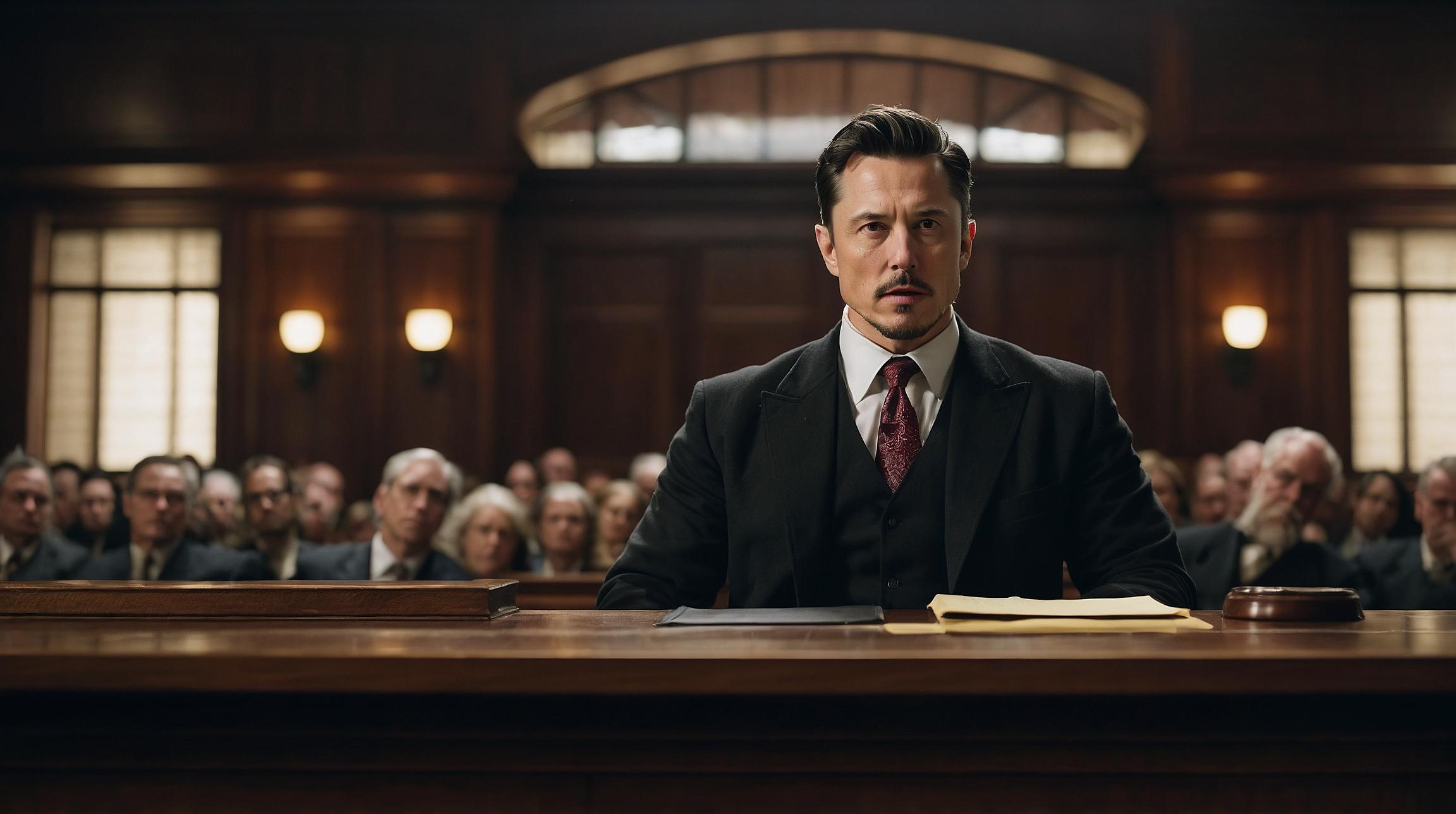Tesla Tests the Limits of Shareholder Power
Tesla is currently engaged in a pivotal legal battle that could potentially reshape the fundamental principles of corporate law. At the center of this conflict is an intriguing question: Can stockholders overrule a judge's decision? This question has become a focal point in Tesla's efforts to reinstate CEO Elon Musk's compensation package, previously annulled by a Delaware court.
Background of the Legal Dispute
Earlier this year, a Delaware business court judge, Chancellor Kathaleen McCormick, voided Musk’s $56 billion CEO compensation deal. In response, Tesla is urging the court to overturn this decision, based on the approval by Tesla stockholders in a second vote conducted in June. Tesla's stance is that shareholder democracy should prevail, emphasizing that stockholder decisions should have the ultimate say in corporate transactions.
Legal Implications and Corporate Governance
The case poses significant implications for corporate governance and the role of stockholder votes. Delaware courts typically value shareholder votes highly, often deferring to their outcomes. Tesla argues that if judges override shareholder decisions, it could erode trust in corporate agreements. As argued by Rudolf Koch, a lawyer representing Tesla's board, "Delaware law should allow company owners to determine CEO compensation."
Challenges in Tesla’s Legal Strategy
However, Tesla's argument faces hurdles. Legal experts highlight the "M&FW line of cases" which suggest a clear path Tesla could have taken to nullify the shareholder lawsuit but did not. These cases indicate that if a corporate transaction involves a conflicted controlling shareholder, proper "cleansing" through shareholder approval is necessary. Musk’s compensation deal might not meet these conditions, as no fresh negotiations were undertaken before the June shareholder vote.
Potential Consequences and Future Appeals
Even if Tesla's second shareholder vote is deemed to have "cleansed" the pay deal, timeliness remains an issue. The Delaware Chancery Court stresses the importance of timely and reasonable corporate actions. Tesla's delay in seeking new shareholder approval might negatively impact its case. Should Tesla face a setback, the company has the option to appeal to Delaware’s Supreme Court. This court might consider whether Musk was indeed a controlling shareholder, which could exempt Tesla from certain legal requirements.
Broader Impact on Corporate Practices
Regardless of the outcome, this case underscores the importance of adhering to robust governance practices. Companies that follow such protocols typically shield themselves from judicial intervention in corporate decisions. As the battle unfolds, it may establish precedents affecting how companies and shareholders interact in the realm of corporate governance.













